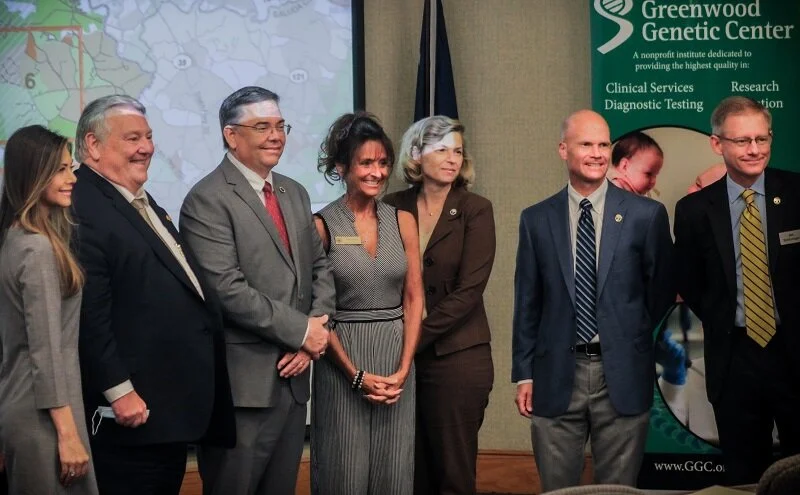CHARLESTON, S.C. - South Carolina Association for Community Economic Development (SCACED) is pleased to announce that SCACED President & CEO, Bernie Mazyck, was recognized as one of the 50 Most Influential People of 2021 by Charleston Business Magazine. The list celebrates individuals for their economic and community impact. Selection of individuals is a result of community nominations and Charleston Business Magazine's staff research.
“I am honored and humble to be included in this esteemed and diverse group of leaders,” said Mazyck. “All of the individuals, present company excluded, are such impactful leaders in the Lowcountry and serve as testament to the reason why the Charleston area is such a strong business, travel and cultural destination for South Carolina.”
Since 1998, Bernie Mazyck has served as the first president and chief executive officer of the South Carolina Association for Community Economic Development (SCACED). SCACED strives to improve the quality of life for poor families and communities by building community-based organizations, attracting public and private capital, and influencing public policy to benefit poor and marginalized citizens. Under Mazyck’s leadership, the association has grown to represent over 150 member organizations, helping more than 2,000 S.C. families purchase their first home; CED organizations create over 6,000 jobs; and, help thousands of poor families build wealth in rural and distressed communities. For his work, Mazyck was awarded the 2014 Order of the Palmetto, the state’s highest civilian honor, for service to the state.
Charleston Business Magazine is a resource for Charleston area business leaders, rising stars, entrepreneurs, and people and groups that have a vested interest in the success of the Charleston business community. See the full list of Charleston Business Magazine's 2021 50 Most Influential here.
About SCACED (www.scaced.org)
SCACED is a coalition of over 150 individuals and organizations who support the development of healthy and economically sustainable communities throughout South Carolina. For over 25 years, SCACED and its members have worked collaboratively to build wealth and create economic opportunity for all SC residents including a focus on minority communities and other groups who have been left out of the economic mainstream.








